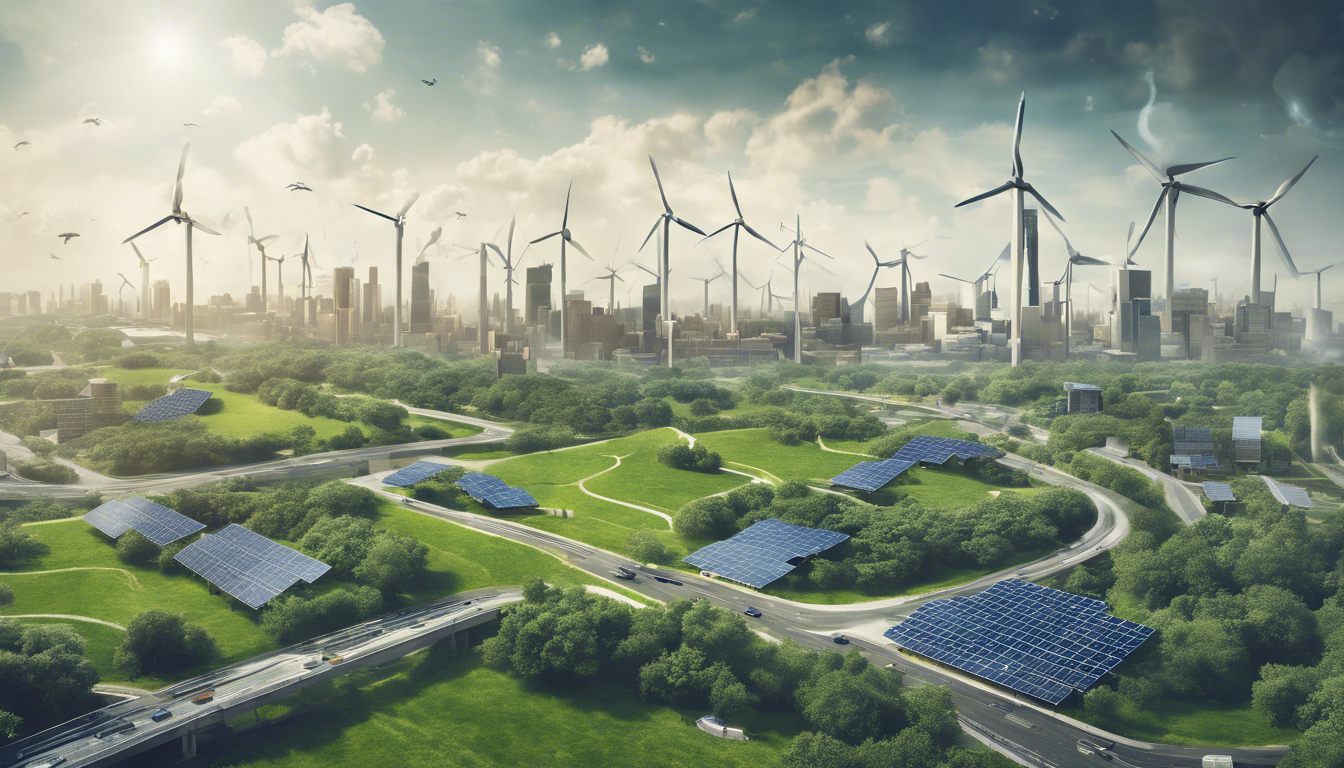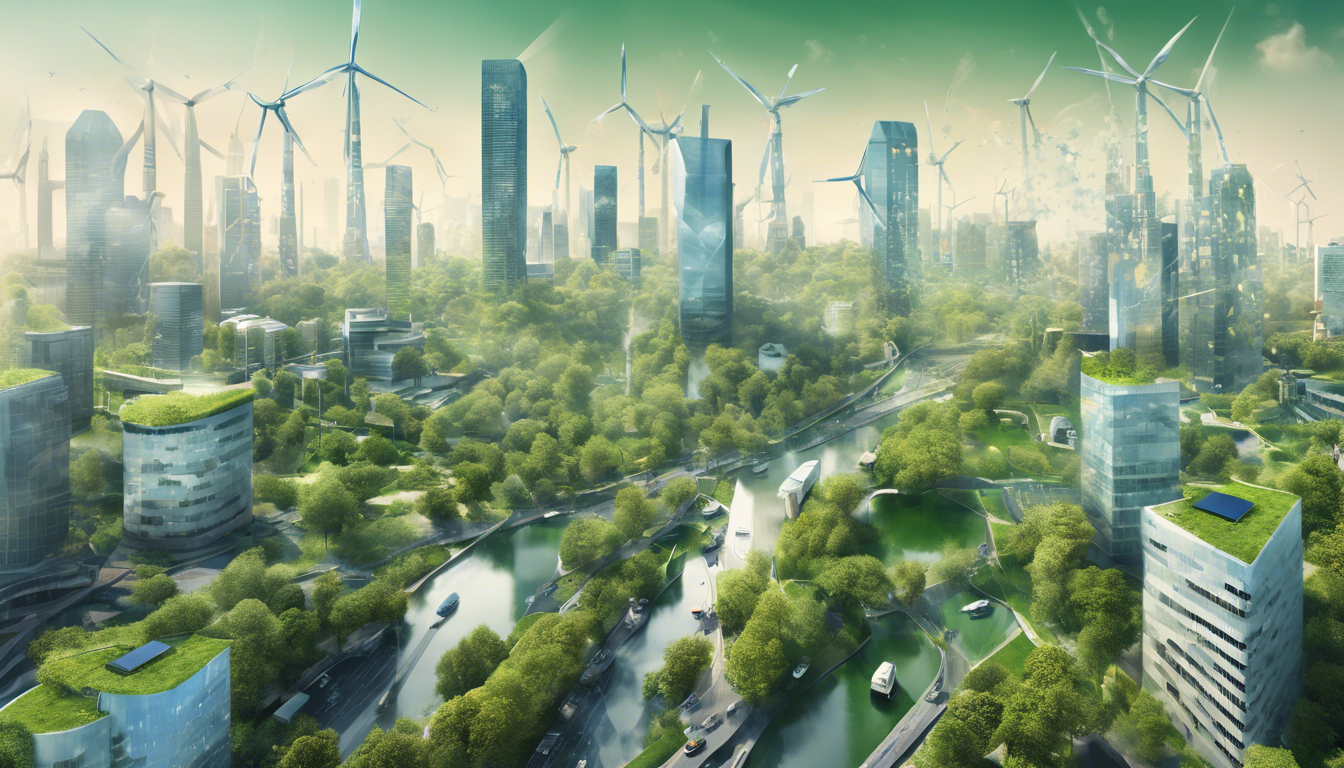
The rapid rise of generative artificial intelligence raises increasing concerns about its ability to undermine global ambitions for reducing greenhouse gas emissions. According to a recent report from SAS, integrating AI into our systems could indeed disrupt the environmental goals set by the international community. As companies like Microsoft and Google are already seeing a significant increase in their related CO2 emissions due to the increased use of AI, it becomes imperative to question the real impact of these technologies on our climate.

In a context of increasing concerns regarding climate change, a recent SAS report warns about the alarming consequences of the rise of generative artificial intelligence (AI). Indeed, this technology, while promising countless benefits, could also become a major obstacle to achieving the ambitious goals for reducing greenhouse gas emissions established globally. Far from being a mere optimization tool, generative AI appears to be fueled by unprecedented energy consumption, thus casting a worrying light on companies’ climate commitments.
Table of Contents
ToggleGrowing environmental challenges
The report highlights that companies, particularly in the technology sector, are seeing their carbon footprint evolve exponentially due to massive AI integration. For example, giants like Microsoft and Google report a significant increase in their CO2 emissions since the widespread adoption of these innovations. Indeed, the figures indicate that Microsoft’s emissions have risen by 30% in just four years, while those of Google have increased by 48% in five years.
The impact of generative AI on energy consumption
A concerning aspect is the energy-intensive nature of generative artificial intelligence. This technology requires robust computing infrastructures, often powered by non-renewable energy sources, which exacerbates the problem. These processing systems need considerable resources, which directly affects the carbon footprint of companies. Thus, they must juggle their sustainability ambitions with the innovation demands that require increased computing power.
Difficulty in meeting climate goals
Companies are beginning to realize that their integration of AI could undermine their established climate goals. As Google mentioned, “as we integrate AI into our products, reducing emissions could prove challenging.” This statement should not be taken lightly: it signals an awareness that, despite the promises of process optimization, the environmental impact could be much heavier to bear.
Urgent action needed
With the imminent rise of generative AI, it is crucial to rethink approaches to technological innovation. The need for a balance between innovation approaches and environmental responsibility has never been more pressing. Companies must consider meeting their climate commitments while integrating AI solutions that do not compromise the future of the planet.
Toward sustainable solutions
To avert the harmful effects of AI on the climate, initiatives must be implemented. This includes the widespread adoption of energy-efficient platforms and optimizing algorithms to require less energy. Furthermore, companies should set specific goals to reduce their carbon footprint while embracing this technological revolution. Through an adequate regulatory framework and increased consumer pressure, it is still possible to align AI ambitions with environmental goals.
- Environmental impact of AI: Generative AI tools consume a considerable amount of energy.
- Rising CO2 emissions: Technology companies report a surge in carbon emissions, threatening climate goals.
- Obstacles to sustainability: The development of AI complicates the achievement of emissions reduction ambitions.
- Discouraging results: Company reports indicate significant increases in emissions since the integration of AI.
- Long-term risk: The absence of regulation can lead to increased environmental impacts.
- Technology vs. Ecology: A persistent tension between technological innovation and respect for ecological commitments.
- Need for awareness: Market actors must be aware of AI’s consequences on climate.
IA générative : le jeu en vaut-il la chandelle ?
— Benoit Raphael (@benoitraphael) July 11, 2024
Que vous soyez sceptique, refractaire ou enthousiaste, je vous invite à consulter le dernier rapport de Goldman Sachs sur l'avenir de l'IA générative (https://t.co/F8PcGMoUyZ).
Prudent, le rapport oppose plusieurs prédictions…











